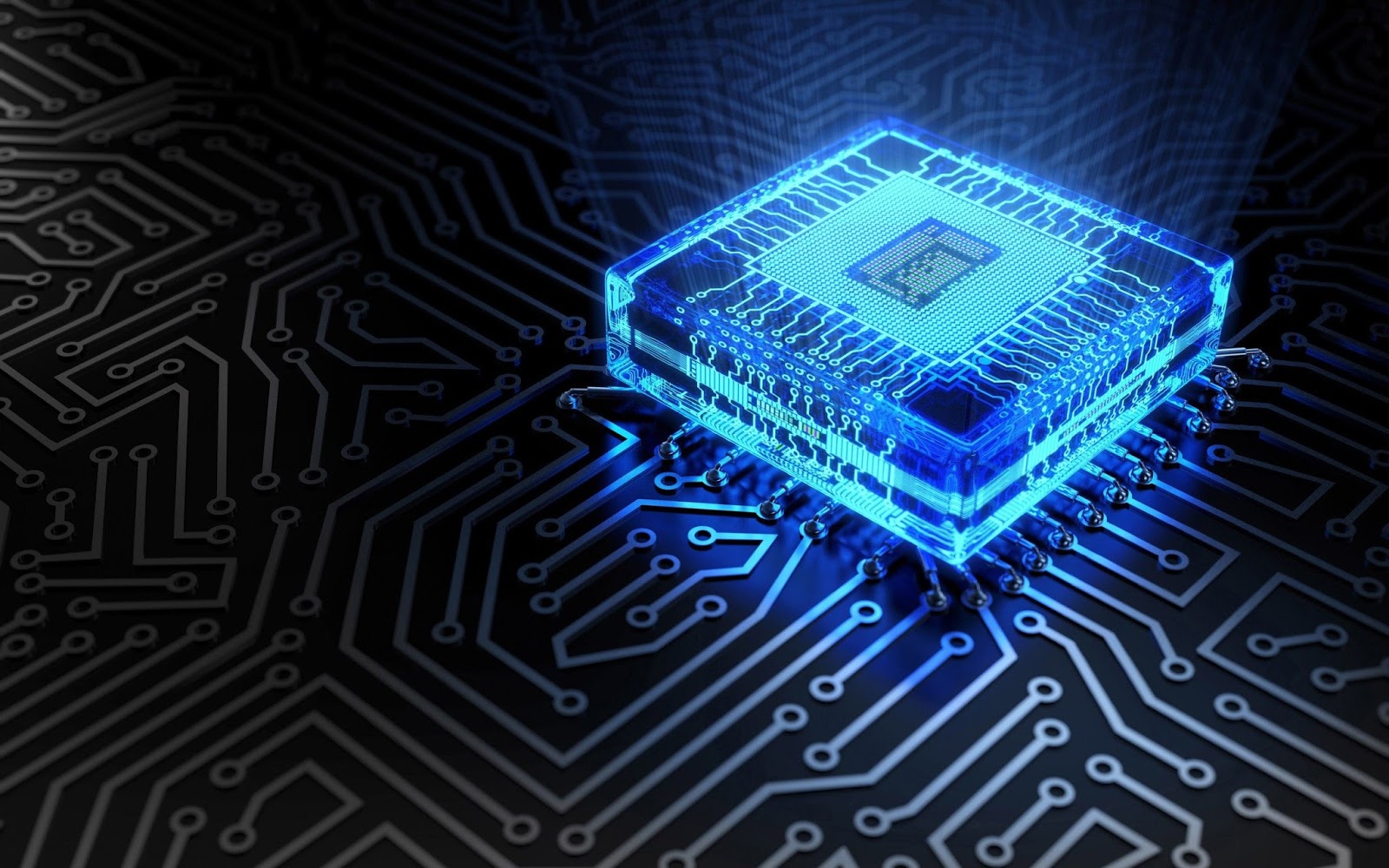Choosing Processor In today’s technology-driven world, processors are the heart and soul of any computer. They are responsible for executing instructions, handling data, and performing various tasks that enable us to accomplish our work and entertainment needs.
Choosing the right processor can make a significant impact on your computer’s performance, speed, and efficiency. In this article, we’ll provide you with some essential tips for choosing the right processor that suits your computing needs.
Determine Your Computing Needs
The first step in choosing the right processor is to determine your computing needs. What kinds of tasks do you plan to do on your computer? Do you need a processor for gaming, video editing, or programming? Different processors have different specifications that make them suitable for various tasks.
For example, if you’re a gamer, you may want to choose a processor with a higher clock speed, more cores, and a dedicated graphics card. On the other hand, if you’re a programmer, you may want a processor with a higher cache and a fast clock speed. Therefore, identifying your computing needs is essential in selecting the right processor.
Check the Processor’s Generation
Another critical factor to consider when choosing the right processor is its generation. Processor generations are marked by numbers such as Intel’s Core i7-1165G7. Generally, newer generations tend to have better performance and efficiency than older ones.
For instance, Intel’s 11th Generation processors offer better performance and efficiency than 10th Generation processors. However, newer generations can be more expensive than older ones, so you should consider your budget.
Consider the Number of Cores
The number of cores in a processor determines how many tasks it can handle simultaneously. For instance, a dual-core processor can handle two tasks at a time, while a quad-core processor can handle four tasks simultaneously. The number of cores also affects the processor’s speed, as more cores usually mean better performance. Therefore, if you plan to use your computer for multitasking, you should consider a processor with more cores.
Look for Higher Clock Speeds
Clock speed measures how many cycles a processor can perform per second. A higher clock speed means a faster processor, and it is generally measured in GHz (gigahertz). For instance, a 3.0 GHz processor is faster than a 2.5 GHz processor. However, it’s worth noting that a higher clock speed doesn’t always translate to better performance. Other factors, such as the number of cores and cache size, also play a role in a processor’s performance.
Check the Cache Size
Cache is a small amount of memory on the processor that stores frequently accessed data. A larger cache size means faster access to frequently used data, resulting in faster overall performance. Therefore, if you plan to use your computer for tasks that involve a lot of data processing, you should consider a processor with a larger cache size.
Look for Integrated Graphics
Integrated graphics are graphics processing units (GPUs) built into the processor. They are suitable for basic graphics tasks such as browsing the web, watching videos, and running office applications. However, if you plan to use your computer for gaming or professional video editing, you may want to consider a processor with a dedicated graphics card.
Consider the Thermal Design Power (TDP)
TDP measures how much power a processor needs to run at its base frequency. A higher TDP means more power consumption and more heat generated. Therefore, if you plan to use your computer for extended periods, you should consider a processor with a lower TDP to minimize heat and power consumption.
Check the Socket Type
The socket type determines the physical connection between the processor and the motherboard. Different processors have different socket types, so you should choose a processor that matches your motherboard’s socket
Conclusion
Choosing the right processor for your computer is crucial for achieving optimal performance, speed, and efficiency. When selecting a processor, it’s essential to consider factors such as your computing needs, the processor’s generation, the number of cores, clock speed, cache size, integrated graphics, thermal design power, and socket type.
By taking these factors into account, you can select a processor that meets your specific computing requirements and ensures that your computer runs smoothly and efficiently.
Remember to also consider your budget when making your decision, as newer generations and higher specifications can come with a higher price tag. With these tips in mind, you can confidently choose the right processor for your computer and enjoy seamless performance for all your computing needs.

